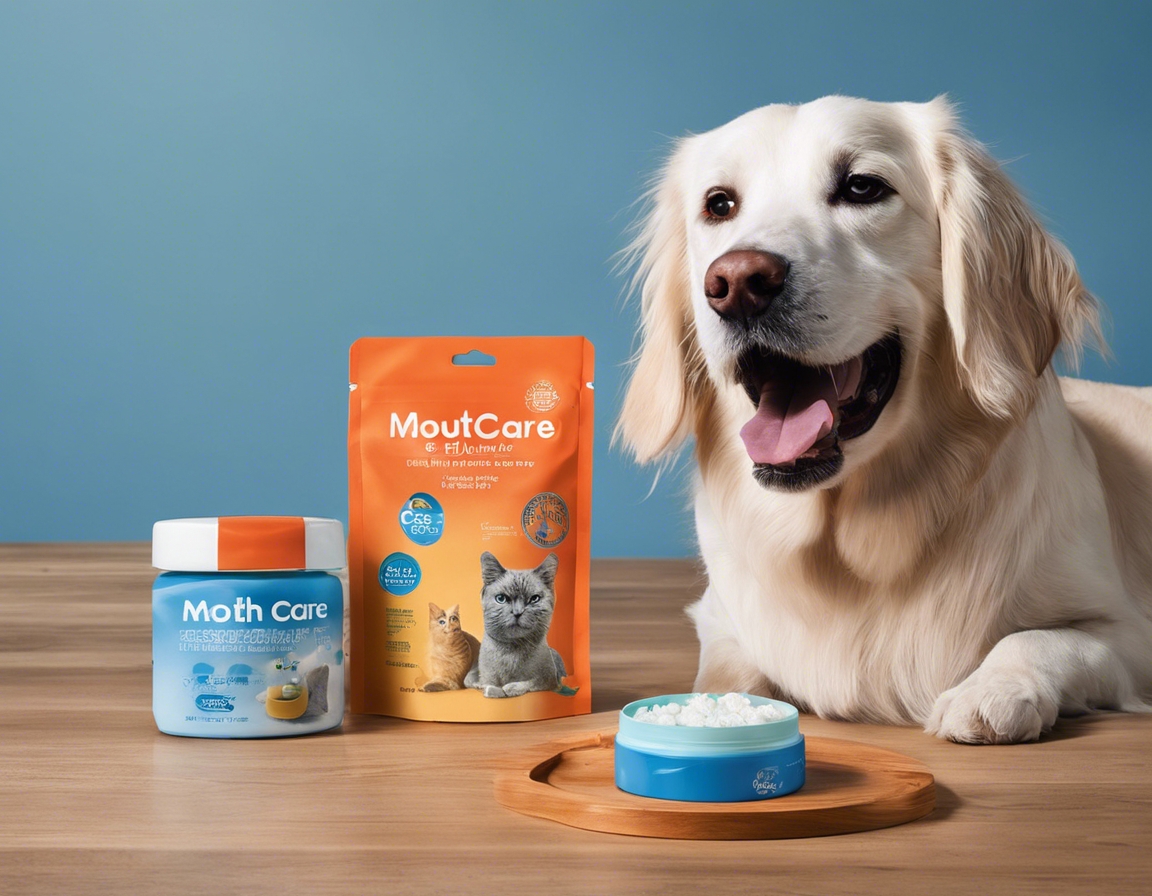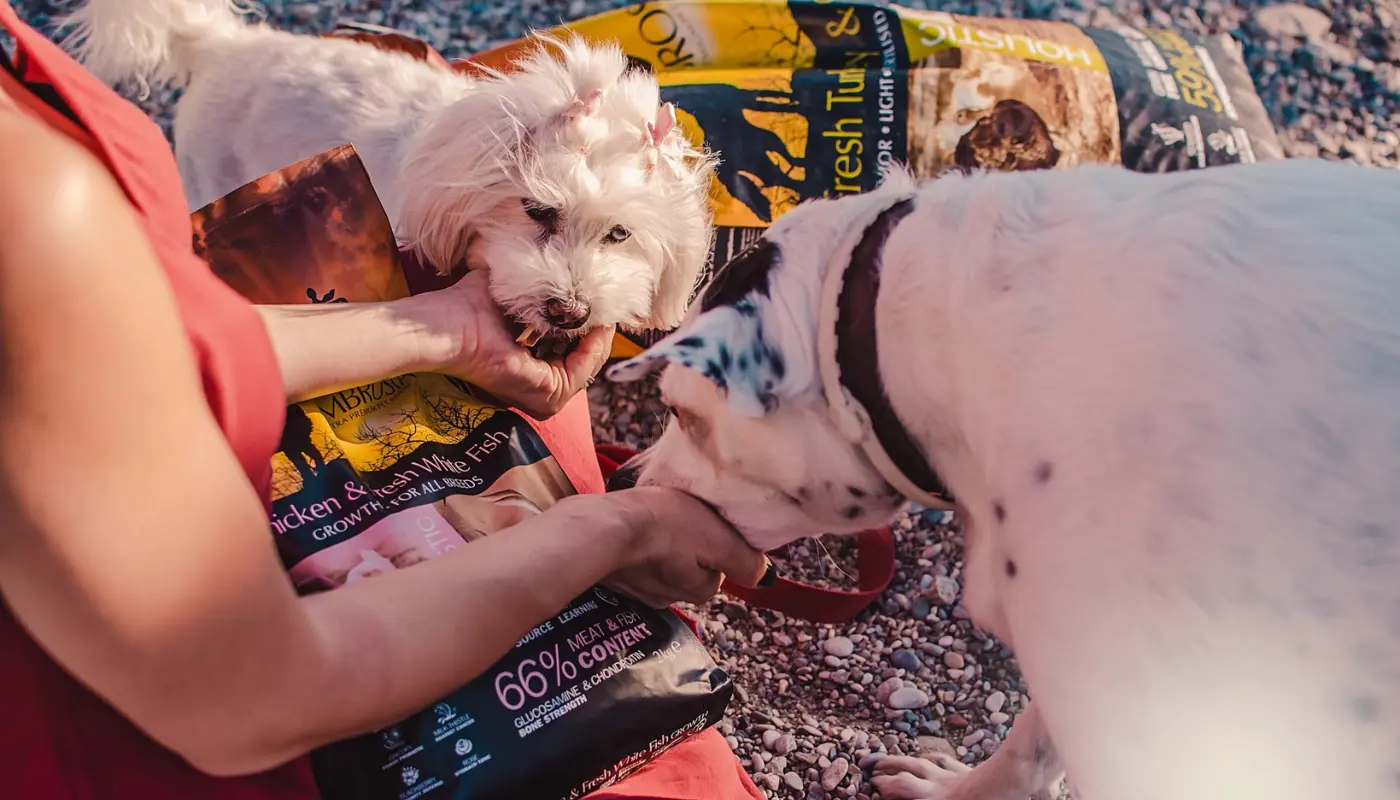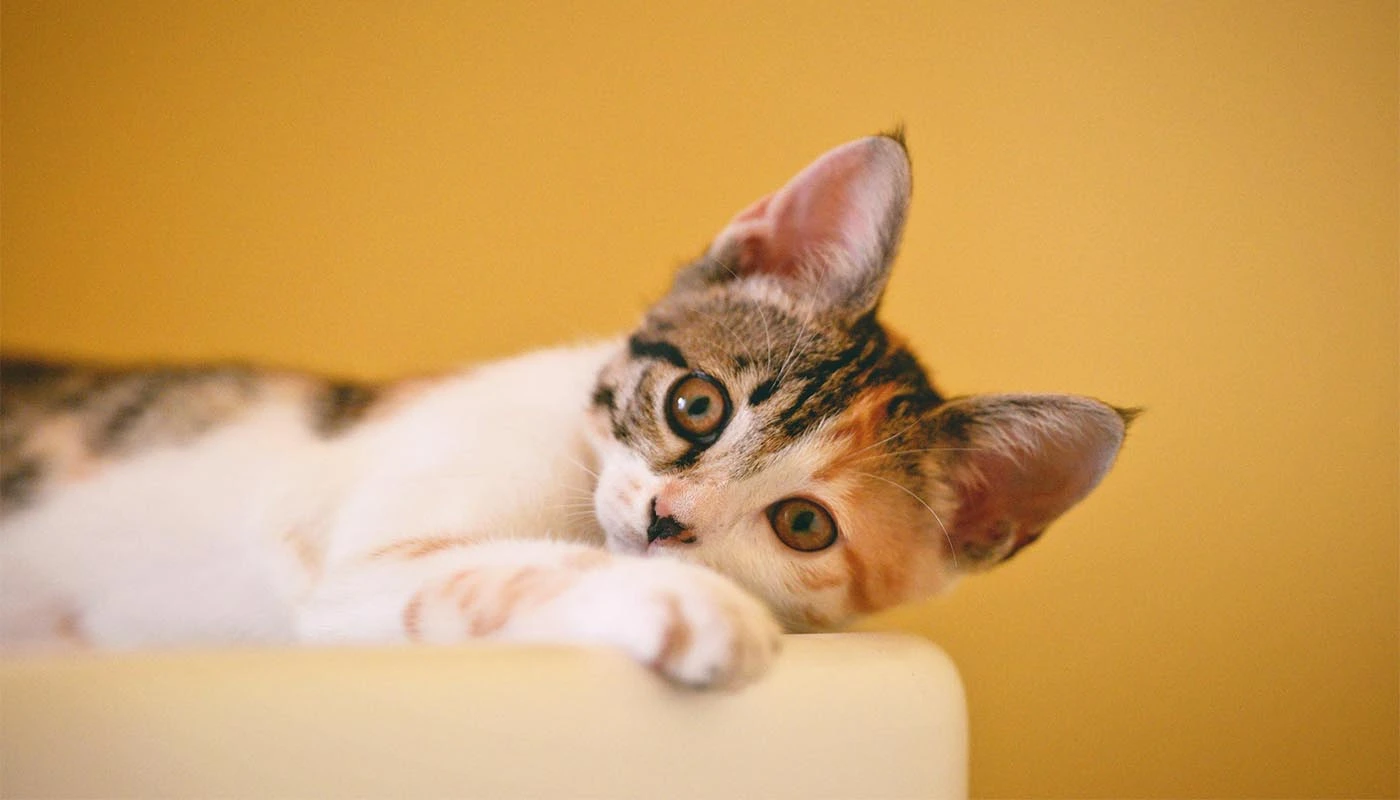5 signs your pet needs a dietary change
As a pet owner, you're always looking for ways to ensure your furry friend is happy and healthy. One of the most critical aspects of pet care is their diet, which can significantly impact their overall well-being. In this post, we'll explore five signs that may indicate your pet needs a dietary change.
Understanding Pet Nutrition
A balanced diet is crucial for maintaining your pet's health. It should include the right proportions of proteins, fats, carbohydrates, vitamins, and minerals. Each pet is unique, and their nutritional needs can vary based on age, breed, activity level, and health status.
Pet owners often face challenges in finding the right diet for their pets, such as food allergies, sensitivities, or the pet's individual preferences. It's essential to recognize the signs that your pet's current diet may not be meeting their needs.
Sign #1: Lack of Energy and Lethargy
If your pet seems less enthusiastic about playtime or tires easily during walks, it could be a sign that their diet is lacking. Proper nutrition is vital for sustaining energy levels.
Consider a diet with a higher protein content or consult a veterinarian to assess if your pet is getting enough calories and nutrients.
Sign #2: Digestive Issues
Chronic digestive issues such as diarrhea, vomiting, or constipation can signal that your pet's diet isn't right for them. Food intolerances or low-quality ingredients often cause these symptoms.
Switching to a diet with high-quality, easily digestible ingredients or a limited ingredient formula can often alleviate digestive problems.
Sign #3: Poor Coat Quality
A shiny, thick coat is a sign of good health. If your pet's coat is dull, brittle, or shedding excessively, it may be due to a lack of essential fatty acids or nutrients in their diet.
Incorporating foods rich in omega-3 and omega-6 fatty acids can improve coat health. Supplements can also be beneficial in providing these essential nutrients.
Sign #4: Weight Changes
Unexpected weight gain or loss can be a sign of an imbalanced diet. Obesity can lead to serious health issues, while being underweight can indicate malnutrition.
Caloric intake should be adjusted according to your pet's activity level. A diet formulated for weight management can help maintain a healthy weight.
Sign #5: Behavioral Changes
Changes in behavior, such as increased aggression or anxiety, can be linked to dietary deficiencies or food sensitivities.
A balanced diet can improve your pet's mood and behavior. Consult with a veterinarian to determine if a dietary change could benefit your pet's behavioral health.








Comments (0)